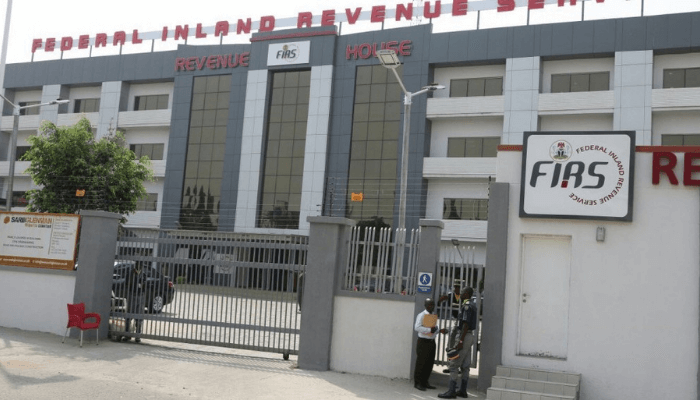Tax reforms in Nigeria have received a significant boost with the support of the African Tax Administration Forum. The continental body expressed confidence that the new laws will strengthen economic growth and set the country on a firmer path toward stability. This endorsement adds momentum to the government’s ongoing fiscal transformation efforts.
During a visit to the Federal Inland Revenue Service in Abuja, ATAF’s newly inaugurated Executive Secretary, Ms. Mary Baine, openly pledged the forum’s support. Meeting with FIRS Chairman Zacch Adedeji, she explained that ATAF not only approved of Nigeria’s direction but also stood ready to provide technical assistance. Her message was clear: reforms are necessary, and Nigeria will not walk this road alone.
Read more: Drug Costs Push Diabetes Care Beyond Reach as Cases Surge in Nigeria
Baine pointed out that ATAF had previously supported Zambia in developing systems for revenue collection in the mining sector. That experience, she promised, would be extended to Nigeria where untapped potential remains in natural resources. By drawing lessons from other African nations, Nigeria can adapt strategies that ensure both fairness and sustainability. This spirit of collaboration highlights the importance of unity among African countries in addressing shared economic challenges.
The endorsement also underscores the importance of strong leadership within FIRS. Since taking over, Zacch Adedeji has become a central figure in the push for tax reforms. His vision emphasizes fairness, modernization, and accountability. Under his leadership, reforms are not seen as punishment but as tools to build a stronger economy. ATAF’s commendation signals recognition of this progress and provides reassurance that Nigeria’s policies align with global best practices.
The reforms themselves mark a turning point. By adjusting tax laws, the government seeks to reduce dependency on oil revenue, broaden its base, and encourage compliance. Citizens often question the fairness of taxation, but reforms like these aim to make policies more transparent and impactful. With ATAF standing beside Nigeria, the credibility of these changes grows even stronger.
Trust between government and citizens remains crucial for success. When people see reforms as fair, compliance rises naturally. Nigeria’s decision to exempt essential areas like food, education, and agriculture shows sensitivity to public concerns. ATAF’s endorsement of these moves further reassures Nigerians that the country is heading in the right direction. Transparency, fairness, and growth are all possible when policies reflect the needs of ordinary people.
In addition, technical support from ATAF could accelerate capacity building in revenue management. Modern tax systems require digital tools, skilled manpower, and international cooperation. By working closely with continental partners, Nigeria reduces the risk of repeating past mistakes. Instead, it positions itself as a leader in African fiscal reforms. This collaborative model strengthens regional integration and signals that African economies can solve African challenges.
Looking forward, Adedeji’s leadership remains key. His collaboration with ATAF reflects a willingness to listen, adapt, and innovate. For many Nigerians, this partnership brings hope that taxation will become less of a burden and more of a path to development. The message from ATAF’s visit is simple: Nigeria’s reforms matter, not only for its own people but also for the wider continent.
Tax reforms in Nigeria are no longer just a local story; they have become part of a continental vision. By gaining strong backing from the African Tax Administration Forum, the government now carries added responsibility to deliver real results. Citizens expect change, and with both national and regional support, the reforms have a greater chance of achieving lasting impact.





